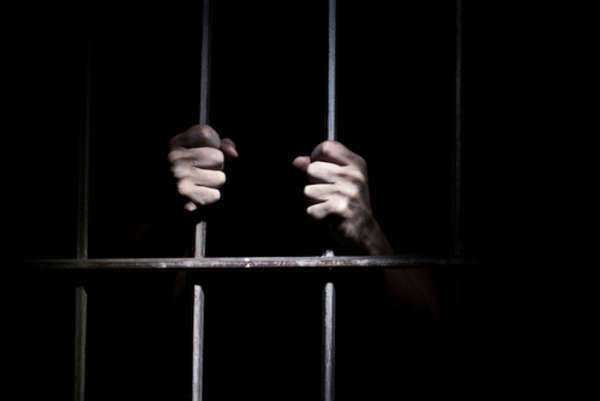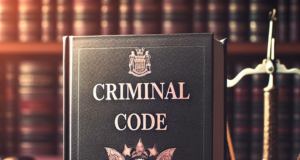Insanity After A Crime Has Been Committed

In criminal court cases a defendant may claim that he or she is insane at the time of the trial but was not insane at the time the crime was committed. In a criminal court trial involving insanity after the crime, several different actions may occur.
The first is that a judge may order a competency hearing to determine the legitimacy of the insanity claim. If the claim is found to be legitimate the defendant may be held until he or she is found to have regained their senses, at which point the criminal court trial will proceed. The defendant in these criminal court cases will be held on the grounds of being "unfit to plead" if the defendant is unable to assist the attorneys assigned to the case in preparing a defense.
A developing concept in criminal court cases is what to do with defendants whose mental capabilities have diminished following their convictions. The issue most often arises with prisoners sentenced to long incarcerations. The 1986 Supreme Court case Ford v. Wainwright represented one such case.
Alvin Bernard Ford committed murder in 1974 and was found guilty of the crime. His mental status went unquestioned during the initial criminal court trial. During the trial, the court held him accountable for his actions and sentenced him to death in Florida. During his incarceration, Ford began to manifest symptoms present in other criminal court cases involving paranoid schizophrenics.
The defendant believed he was John Paul II, that he prevented a conspiracy by the Klu Klux Klan to bury bodies within the prison walls, that guards were torturing his female relatives, and that he had appointed a new panel of judges to oversee his appeal.
While on death row in 1982 a panel of psychiatrists determined that although Ford understood the consequences of the actions that had lead to his earlier criminal court trial and understood that he would die if subjected to the death penalty, he suffered from psychosis and several other disorders.
Despite the findings of the panel, Florida's Governor signed the order for his execution. The Court's decision in the case overruled the ordered execution, but provided for Ford to remain incarcerated.
Insanity in criminal court cases is subject to competency hearings. Standard hearings on insanity include hearings regarding the defendant's competency to stand trial, competency to enter a guilty plea, and when facing the death penalty, a hearing to evaluate if the defendant has met standards of competence to be executed, any of which might involve the court's insanity tests. This ensures that any insanity that begins after conviction is considered during the incarceration of the defendant.


















